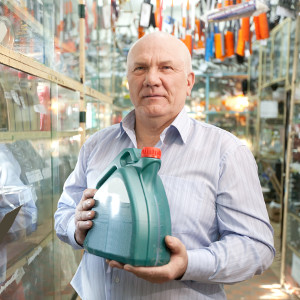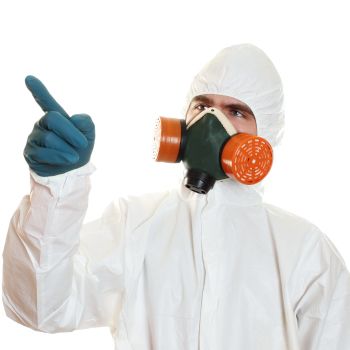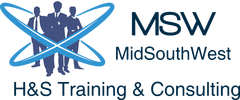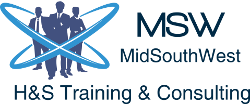Is your Workplace Compliant with Ontario's Respiratory Protection Guidelines?
|
As of January 1st, 2020, the Ontario Occupational Health and Safety Act (the Act) has made amendments to two important regulations:
These changes will affect your organization’s respiratory protection program. |
 |
The changes to the regulations under the Act affect the way that employers must protects workers.
What's Changed?
The changes to the regulations under the Act affect the way that employers must protects workers. If your workplace exposes workers to materials or chemicals that fall under the designated substances distention, then you are expected to be compliant with all changes effective January 1st, 2020.
CalculationsThere have been changes to certain calculations used to determine safe levels of exposure to designated substances, such as:
These changes aim to simply OEL calculations. As well, the introduction of the Quebec Method ensures that jobs that don’t follow the typical eight-hour per day, 40 hours per week pattern are still assess accurately for potential exposure hazards. |
 |
Substitution Standards
As always, hazard controls relies upon the hierarchy of controls; however, under the new changes, substitution must be explored prior to looking at engineering controls.
Substitution must be ruled out before considering respirators.
Respirator Selection Processes and Standards
If, through following the hierarchy of controls, it is determined that a respirator is an appropriate line of defence, the standards through which you select that equipment has changed. Selected respirators must be approved by NIOSH and they must meet or exceed the “assigned protection factors” for that particular type of respirator listed in a new table, found in the regulations.
The regulations have also updated the legislation around respirators with tight-fitting seals. Instead of being open to interpretation, the new regulations clarify the steps employers must take when a tight-fitting mask is required. These include:
The regulations have also updated the legislation around respirators with tight-fitting seals. Instead of being open to interpretation, the new regulations clarify the steps employers must take when a tight-fitting mask is required. These include:
- Prohibiting workers from wearing anything that may interfere with mask fit or seal
- Requiring workers who must have an effective seal to be clean shaven
- Making positive and negative pressure-seal checks mandatory before each use of a tight-fitting respirator
Respiratory Safety Programs
|
Under the amended Regulations, respiratory safety programs are mandatory for workplaces where respirators are used. The requirements of the program include:
The training program needs to be written, and it needs to be accessible to employees, managers and supervisors, employers, and Ministry of Labour, Training, and Skills Development inspectors. |
 |
Training
Respiratory protection training was required under the prior regulation. The updated regulation better details the training that is required. The Act outlines minimum training requirements, meaning that the mandatory training required is the minimum that employers must provide. Under the updated regulation, respiratory training must include:
- How the respirators work
- Respirator imitations
- How to inspect and maintain the respirator, including, in the case of an air-purifying respirator, end of service life indications
- Proper fit
- Cleaning and disinfecting the respirator
Key Takeaway
Starting January 1st, 2020, employers that use respirators in the workplace are expected to be in full compliance with the updated respiratory protection legislation.
- Use the revised formula and OELs to calculate workers’ exposure to designated substances and biological and chemical agents, including the Quebec Method
- Follow the revised hierarchy of controls
- Select respirators that meet the new assigned protections factor standard
- Create and implement a respiratory protection program if your workplace uses respirators
- Meet new fit testing requirements for tight-fitting respirators
- Provide training that meets all standards
Trust MidSouthWest Training and Consulting
MidSouthWest Training and Consulting offers in-house and on-site Respiratory Protection Training and fit testing, as well as an online respiratory protection training option. We also offer consulting and auditing services, and we can help your organization assess the effectiveness of an existing respiratory protection program, or help you create and implement one. You can trust MidSouthWest Training and Consulting to provide you with cost-effective training solutions tailored to meet your organization’s unique health and safety needs.
To ask questions about the updates to the respiratory protection legislation, or about using respirators safely in the workplace, contact us online or call 289.309.1143. Visit us 24/7 on the web at midsouthwest.ca.
To ask questions about the updates to the respiratory protection legislation, or about using respirators safely in the workplace, contact us online or call 289.309.1143. Visit us 24/7 on the web at midsouthwest.ca.
Last updated April 16, 2020




